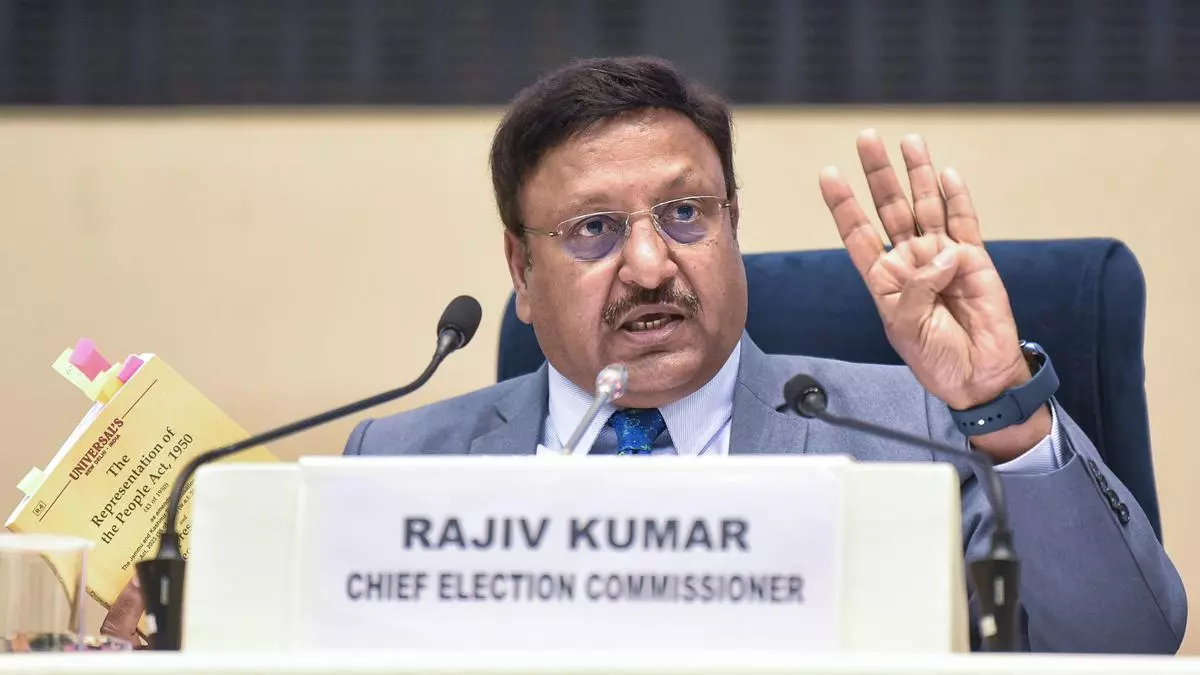
The Manchurian Candidate was a 1959 novel by Richard Condon (later made into a classic movie with Frank Sinatra) that involved a communist conspiracy to install an unwitting puppet of theirs in the White House as an elected president. The premise, obviously, is decades old and yet one wonders if real life has finally overtaken fiction.
Something that has been going around national security circles for some time now is the so-called “Gerasimov Doctrine,” ostensibly a military doctrine which calls for “a 4:1 ratio of non-military to military action.” The doctrine emphasizes “the importance of controlling the information space and the real-time coordination of all aspects of a campaign, in addition to the use of targeted strikes deep in enemy territory and the destruction of critical civilian as well as military infrastructure” (see Wikipedia).
Now seen as a reimagining of “unconventional warfare” or “nonlinear” warfare (as per Russian military terminology), the point is “to achieve the desired strategic and geopolitical results, using a wide toolbox of non-military methods and means: explicit and covert diplomacy, economic pressure, winning the sympathy of the local population, etc.”
In short, to win a war without bloodshed, without the necessity of launching military forces in direct combat with the armed might of another country. If one can actually take over another country, using that country’s media, erroneous beliefs about free expression, weakened national character, immature voter base, so that one can actually install various public officials in key government offices or even a Head of State completely beholden to you, then such is a victory achieved at far less cost and with greater resource efficiency.
There is doubt, of course, about the Gerasimov Doctrine, named after “Russia’s Chief of the General Staff, General Valery Gerasimov… and is a supposed plan for combined psychological, political, subversive, and military operations to destabilize the West. Or perhaps just covert operations and disinformation, without the shooting. Or maybe the aim is to destroy the whole architecture of the global order. The very confusion about what exactly this ‘doctrine’ entails betrays the basic point: it doesn’t exist.”
So writes British historian and security expert Mark Galeotti. In essence, the “doctrine” was based on “cunning Western — American — campaigns of covert destabilization.” In other words, when Gerasimov talked of a “blurring of the lines between the states of war and peace” in which “the role of non-military means of achieving political and strategic goals has grown, and, in many cases, exceeded the power of force of weapons in their effectiveness,” he was merely recognizing a new Western way of war (“The Gerasimov Doctrine,” Berlin Policy Journal, May/June 2020).
Nevertheless, there are “two Chinese military theorists, Qiao Liang and Wang Xiangsui, whose Unrestricted Warfare, published in 1999, who first asked the very same questions and presaged Gerasimov by more than 10 years.” For them, the “world had entered into a new era of ‘unrestricted warfare,’ one in which the network hacker, financial and trade transactions (or lack thereof), and the media have all become weapons of modern war.”
Thus, the “future battlefield” is an “extended domain,” not a “battlefield where lethality took precedence, but one in which the goal of any nation-state (or sub-state actors) is to ‘paralyze and to undermine the enemy’ by degrading the will of its people and the state to wage an armed conflict in the first place. The ‘extended domain’ is what we today refer to as cyberspace, but which they referred to as the electromagnetic spectrum. The modern warriors are the banks, and anybody whom the state can enlist or coerce to use to advance the state’s self-interest (think of all Chinese companies, whatever their public declarations of independence.) Not to be overlooked is the media or as they write ‘The information-sharing world creates the media as an integral and immediate part of war’” (“The Chinese Roots of Hybrid Warfare,” Mark Thomas, Center for European Policy Analysis, August 2022).
Notably, around 2003, China’s People’s Liberation Army (PLA) adopted a strategic framework known as the “Three Warfares”: psychological, media, and legal. In its 2011 annual report to Congress on military and security developments in the People’s Republic of China (PRC), the Department of Defense defined each area:
• Psychological Warfare seeks to undermine an enemy’s ability to conduct combat operations aimed at deterring, shocking, and demoralizing enemy military personnel and supporting civilian populations.
• Media Warfare is aimed at influencing domestic and international public opinion to build support for China’s military actions and dissuade an adversary from pursuing actions contrary to China’s interests.
• Legal Warfare uses international and domestic law to claim the high ground or assert Chinese interests. It can be employed to hamstring an adversary’s operational freedom and shape the operational space. Legal warfare is also intended to build international support and manage possible political repercussions of China’s military actions. China has attempted to employ legal warfare in the maritime domain and in international airspace in pursuit of a security buffer zone. (“China’s Three Information Warfares,” US Naval Institute, Major Morgan Martin, US Army, March 2021).
What’s also further interesting here is that the “Three Warfares” doctrine arises partly out of an insecurity: “The PLA spends a lot of energy examining its capabilities against its objectives and competitors, and they have been found wanting,” concluding that “there are big gaps between the level of our military modernization compared to the requirements for national security. [Thus], if the PLA cannot be relied upon to fend off military threats, then those threats must be preempted in the minds of foreign policymakers who might choose to compete, contain, or attack China.” (“China’s ‘Three Warfares’ in perspective,” Peter Mattis, https://warontherocks.com, January 2018).
The implications of such are, of course, truly disconcerting. Imagine a country in conflict with China and the latter invested humongous amounts to build troll armies to influence national discourse; co-opted local commentators by inviting them to Beijing, wining and dining them, providing substantial fees, making them eager to spread Chinese propaganda; subverted mainstream news media so that only China friendly news is reported and contrary information labeled “Sinophobic”; persuaded that country’s government to avail of large loans from China ostensibly for public works and other economic “growth” programs; urged the allowing of Chinese investments (such as online gambling) that could serve as entry points for criminal or espionage activities; all the foregoing to weaken that country’s resolve to defend its sovereignty; and, finally, helped elect as Head of State an individual stupidly enamored and devoted to China, whose idea of foreign policy is based on personal likes and dislikes, mood, and insecurities.
Then you have an instance of China having won a conflict, in fact invaded another country, without even having fired a single shot.
Thank God, of course, that such a thing never happened.
Jemy Gatdula is a lawyer specializing in international economic law and the law of armed conflict, as well as constitutional philosophy and jurisprudence.
https://www.facebook.com/jigatdula/
Twitter @jemygatdula









Leave a Comment